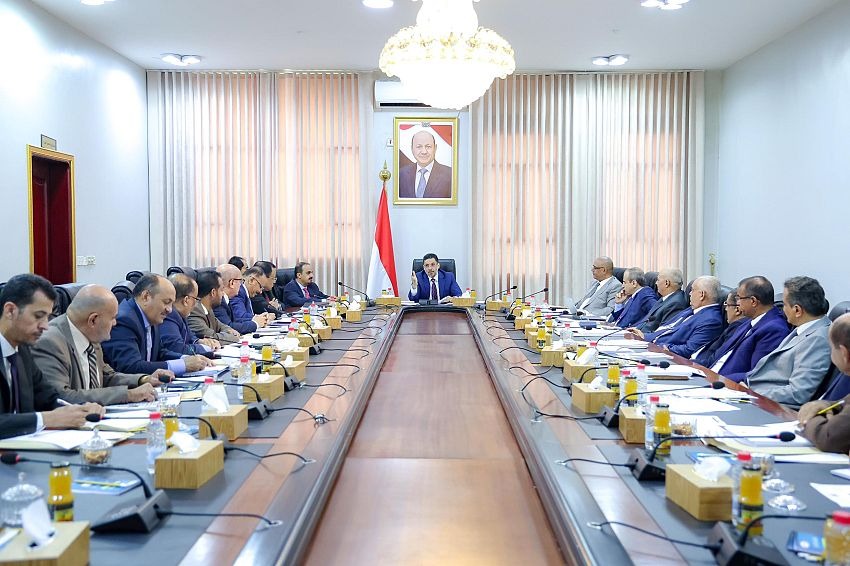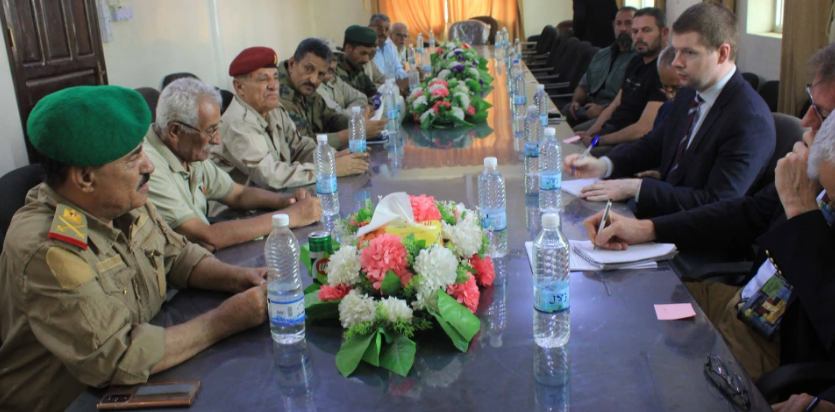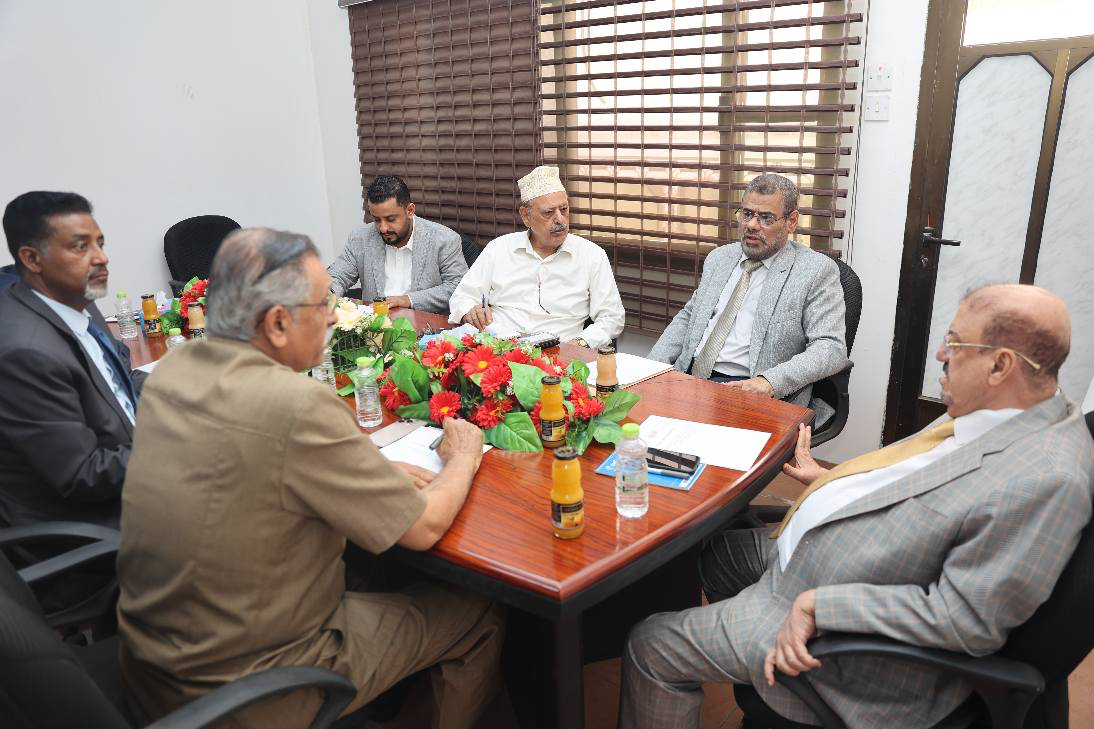
Barran Press
Prime Minister Ahmed bin Mubarak has tasked Minister of Planning and International Cooperation Waed Badhib with securing funding from regional and international partners to finance interventions and programs outlined in Yemen's first national report on Sustainable Development Goals (SDGs).
The directive came during a cabinet meeting held today in Aden, the temporary capital of Yemen, which focused on a range of political, economic, humanitarian, and service-related issues. The meeting resulted in decisions and recommendations across various areas.
According to the official Yemeni News Agency (Saba), the cabinet reviewed a memorandum from the Minister of Planning and International Cooperation regarding the first national report on SDGs, which was presented at the High-Level Political Forum held in New York, United States, from July 8-18.
In response, Prime Minister bin Mubarak instructed government agencies to translate the findings of the national report on sustainable development, including interventions and priorities, into a time-bound action plan. He also directed the submission of periodic reports on progress in implementation.
The Prime Minister tasked the Minister of Planning and International Cooperation with mobilizing funding from regional and international partners to finance the interventions and programs outlined in the report. He also directed the establishment of dialogues and partnerships with the private sector and banks to contribute to financing and implementing priority programs in coordination with relevant government agencies.
On July 17, the Minister of Planning presented the first voluntary national report at the High-Level Forum in New York, marking the first comprehensive review of SDG implementation in Yemen.
According to the Ministry of Planning's website, the report relies on a scenario-based methodology, including a "business-as-usual" scenario, which reflects customary development patterns. The report's projections are not merely extrapolations of historical trends but dynamic projections of interactions within complex systems.
This scenario, according to the ministry, reflects a bleak future where conflict persists and escalates, exacerbating challenges stemming from the extensive damage sustained, coupled with a shortage of resources and capabilities necessary for recovery.
The report also includes a second scenario, which assumes a development push. This scenario represents an ambitious vision, simulating a successful and collaborative effort to enhance sustainable development in Yemen. It envisions significant improvements in governance and security, alongside political interventions designed to bolster economic growth, infrastructure, food and health systems, and resilience and adaptability to climate change and future challenges.
The report highlights Yemen's strengths, including its unique strategic location, which positions it to play a strategic role politically, economically, and security-wise. Yemen also boasts a 2,500 km coastline along the Red Sea, the Gulf of Aden, the Indian Ocean, and the Arabian Sea, controlling the Bab el-Mandeb Strait, through which 20% of global oil transits. The country also possesses potential agricultural, fishing, oil, and gas resources, mineral wealth, and human capital.
The report outlines several key steps to achieve these goals, including:
- Reaching a comprehensive and sustainable peace agreement in Yemen based on the outcomes of the National Dialogue, the Gulf Initiative, and UN Security Council resolutions, particularly resolution 2216, and the Riyadh Agreement.
- Mobilizing funding from the regional and international community for reconstruction and the achievement of SDGs, transitioning from humanitarian interventions to development interventions.
- Addressing external debt.
- Building institutional capacity at the central and local levels and improving governance.
- Investing in appropriate digital infrastructure and adapting to climate change in promising sectors.
- Building broad partnerships with the private sector, civil society, and donors, and strengthening the role of the private sector in financing development and reconstruction.
The report was reviewed by Yemen's Permanent Representative to the UN, Ambassador Abdullah Al-Sa'adi, the Undersecretary of the Ministry of Planning and International Cooperation for the Sector of Studies and Economic Forecasts, Dr. Mohammed Al-Haweri, and several members of Yemen's permanent delegation to the UN.





